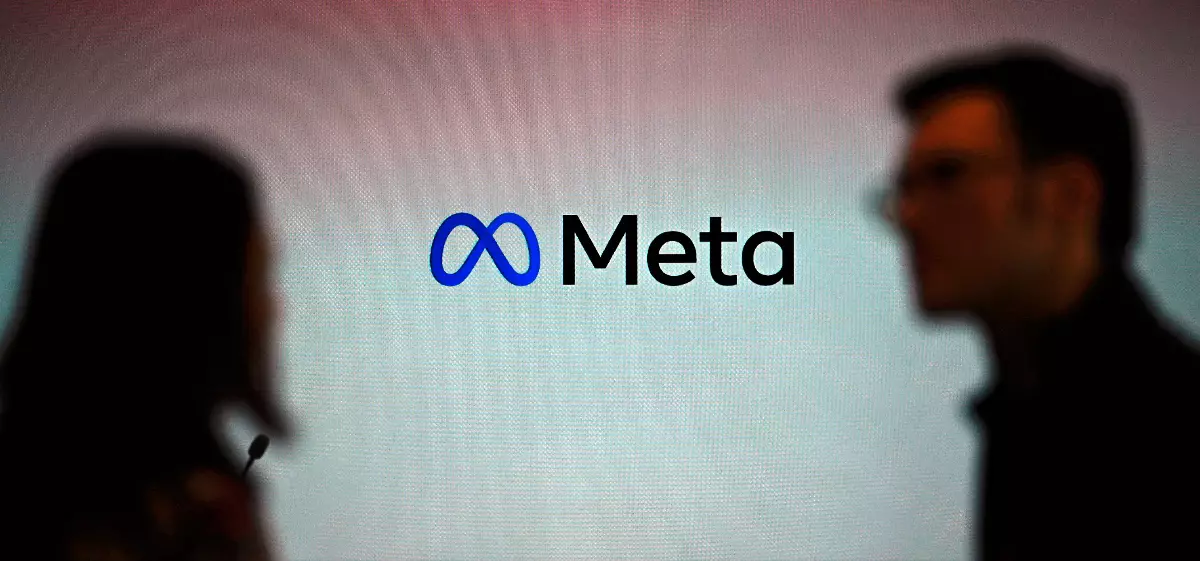Meta recently shared an update on how it intends to adhere to the Digital Markets Act (DMA), a European law designed to enhance competition in digital marketplaces. Specifically, the focus was on how the legislation impacts Meta’s messaging platforms, Messenger and WhatsApp.
In response to the DMA’s requirements, Meta outlined its strategy to incorporate interoperable third-party messaging services and apps into WhatsApp and Messenger. This includes implementing notifications within the apps to notify users about third-party integrations and to alert them when new compatible messaging apps become available. Additionally, Meta plans to introduce an onboarding process where users can learn about these third-party chat options and easily activate them. Users will also have the ability to organize their third-party messages in a designated folder or opt for a combined inbox. Moreover, Meta has laid out a roadmap that includes group functionality for third-party chats in 2025 and the introduction of voice and video calling features in 2027, all in compliance with the DMA.
As part of its commitment to providing a safe and optimal user experience, Meta has promised to continue collaborating with third-party messaging services to enhance the functionality of WhatsApp and Messenger. The company plans to introduce “rich messaging” features for third-party chats, such as reactions, direct replies, typing indicators, and read receipts. These enhancements are expected to be gradually rolled out as third-party messaging services develop and launch the necessary technology to support them.
While Meta’s interoperability initiatives are commendable, there are potential challenges on the horizon. Questions have been raised regarding whether other major messaging platforms, like Viber and Telegram, will support Meta’s efforts. Additionally, ensuring end-to-end encryption for interoperability could pose technical hurdles. Furthermore, Meta’s requirement for companies to sign agreements to integrate with its systems, the specifics of which remain undisclosed, has raised some skepticism within the industry. Despite these obstacles, there are indications that certain entities, like Matrix, may be willing to engage in experimental collaborations with Meta while maintaining end-to-end encryption.
While Meta is actively working to fulfill its obligations under the DMA’s messaging-related provisions, the company has faced criticism for allegedly violating other aspects of the legislation. Earlier this year, the European Commission called out Meta’s “pay or consent” advertising model, which presents EU users of Facebook and Instagram with a choice between a paid, ad-free experience or a free, ad-supported version, for falling short of DMA compliance standards.
Meta’s response to the DMA represents a step towards fostering greater competition and innovation in the digital marketplace. However, as the company navigates the complexities of interoperability and regulatory requirements, it will be crucial for Meta to address potential challenges and concerns to ensure the successful implementation of these initiatives.


Leave a Reply